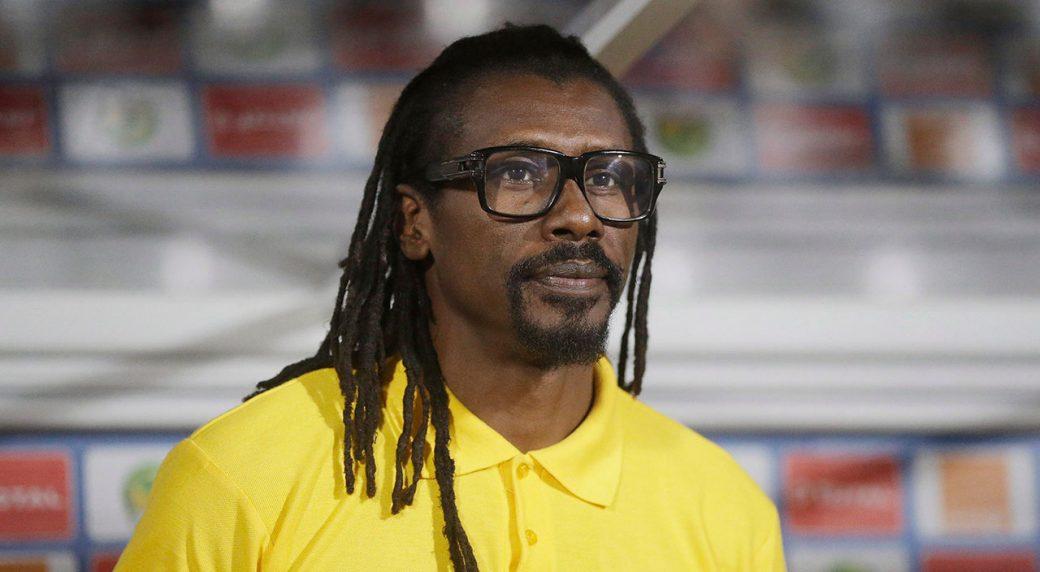Senegal’s national football team has attracted worldwide attention in Russia in recent days and not only because it has won the first victory among African teams at the World Cup.
The Teranga Lions pulled off Poland’s 2-1 victory in Group H. And for many fans and netizens, Senegal “saved the honor of Africa”.
Their manager, Aliou Cisse, is the only black to lead one of the 32 nations participating in the tournament, despite the predominance of black players.
“It’s good that I’m the only black coach in this world cup, even if it’s a subject that bothers me. Today football is a universal sport and I believe that the color of the skin has no important,” Aliou Cissé told reporters.
In France, in 1998, the first of the biggest World Cups, there were no black coaches, despite the increase in the number of teams from countries with predominantly black populations – African nations, for example, have gone from three to five places.
Since then, only seven black professionals have had the opportunity to find a place in the biggest football competition in the world.
“It really does not have much to do with the nationality of the coach it’s the skill of the coach, if we have a Ghanaian coach who can win a tournament, that’s great. Awesome too,” Kwesi Nyantakyi, president of the Ghanaian federation, recently said in a television interview.
Ghana is one of the powers of African football, but missed Russia in 2018.
Their manager is former captain James Appiah, who replaced former Chelsea manager Avram Grant, an Israeli, after the Black Stars’ finished fourth in the CAN.
The biggest distinctions of Ghana’s four continental titles (1963, 1965, 1978 and 1982) were obtained under the direction of black managers.
Racial disparity
For equality activists, racial disparity in the World Cup is obvious and discouraging.
In England, France and the Netherlands, professionals from ethnic and black minorities accounted for only 3% of coaches in 2014, according to a large-scale study commissioned by the Football Against Racism in Europe (FARE) association.
“The big European leagues are responsible for that, they have a history of black players but no support to encourage them to become coaches. It is the old prejudice that black athletes are considered good performers, but not leaders.” explains Piara Powar, managing director of FARE.
“Black leaders are fighting against centuries of prejudice, of scientific racism that was once used to justify slavery, and once it became part of European football, racism spread to other regions like Africa, where hiring white European managers is very common, especially veterans who end up training two or more countries in the region,” he adds.
Hervé Renard is one of the many European coaches who have led African teams. He led his teams to victory and won the Africa Cup of Nations with Zambia in 2012 and Ivory Coast in 2015. He coached Morocco in Russia for the 2018 World Cup.
New generations?
Believing he represents his African colleagues at the World Cup, the Senegalese coach tackled the issue on the eve of the match against Poland. Aliou Cissé pleaded for a greater presence of technicians from the continent at the head of their national selections.
“There is a new generation with Florent Ibengué, whom I represent here and who wants to find a place in African and world football.”
“In addition to being good players, we [Africans] are very good in our tactics and we have the right to be part of the best international matches.”
“A greater presence of African technicians will allow African football to progress better” according to Senegal coach.
